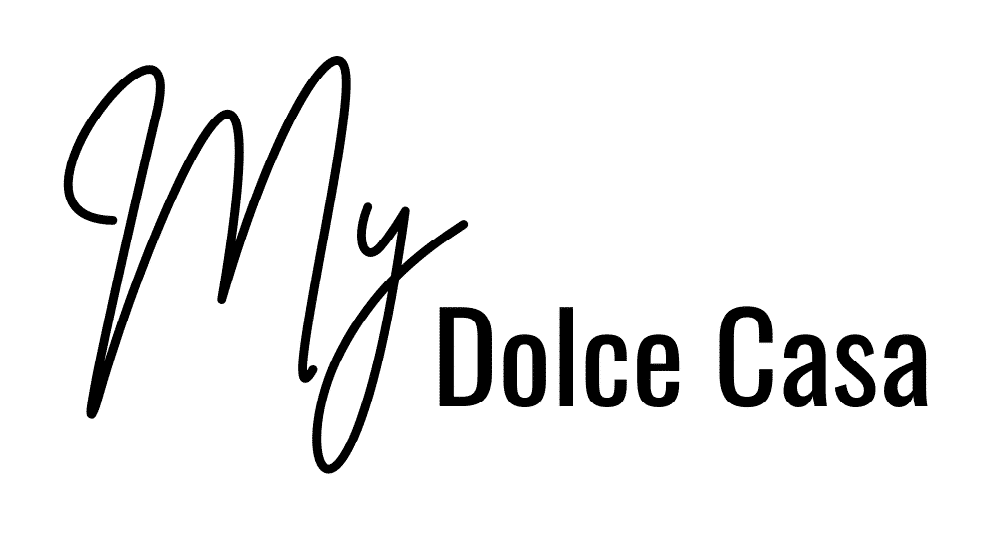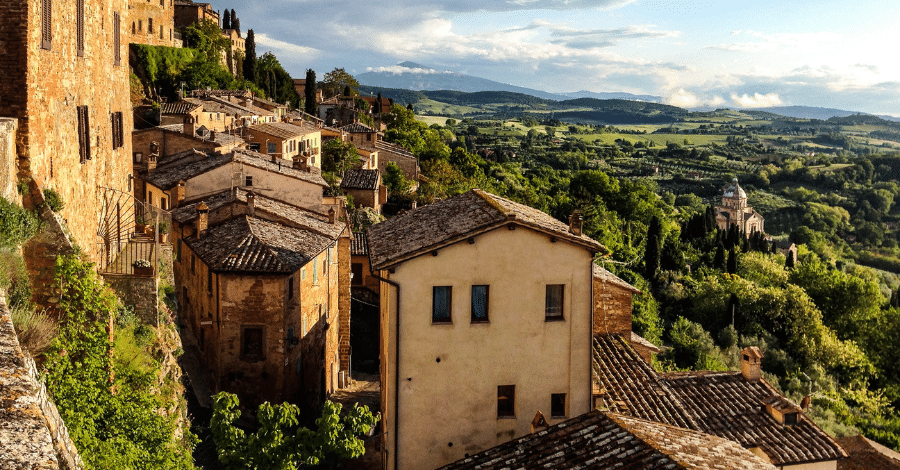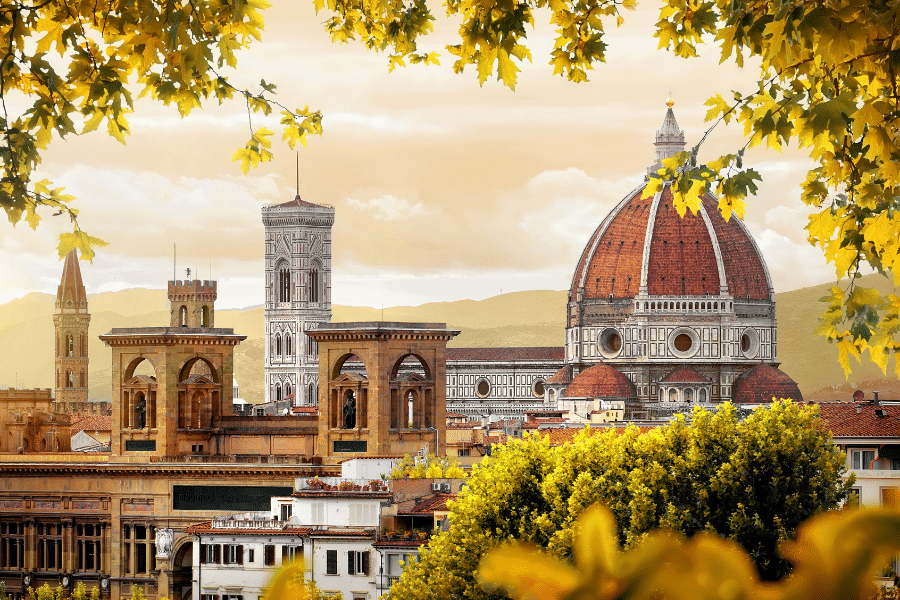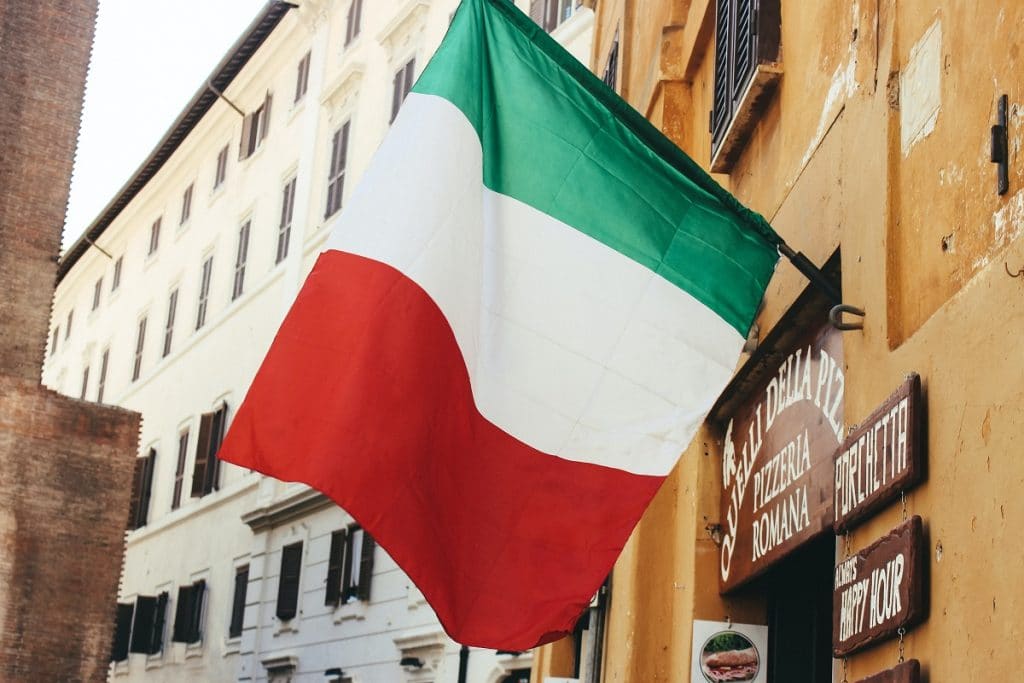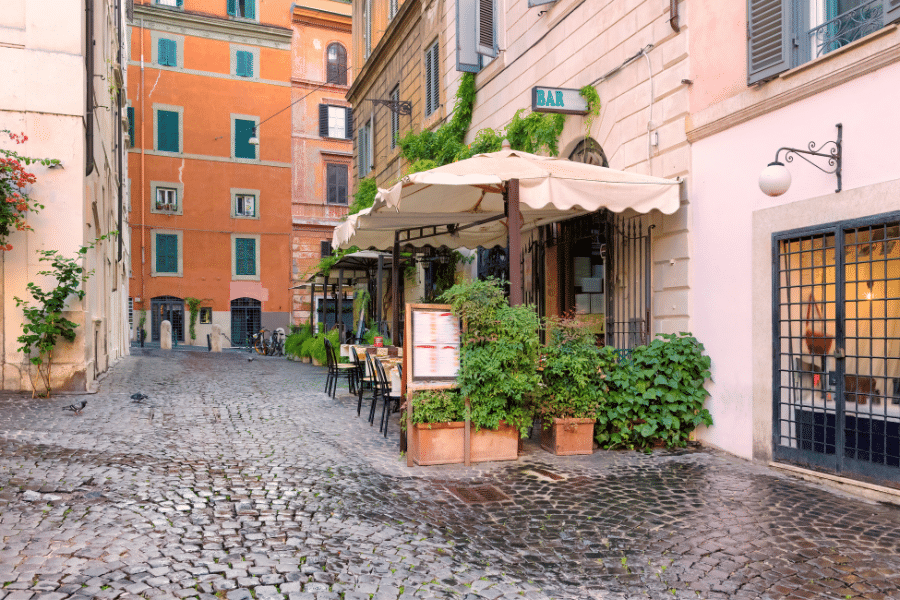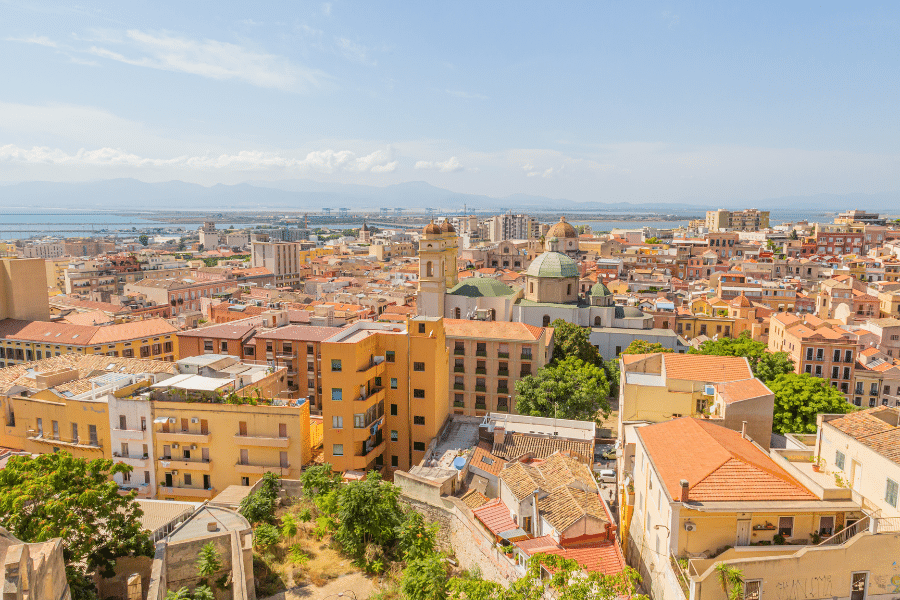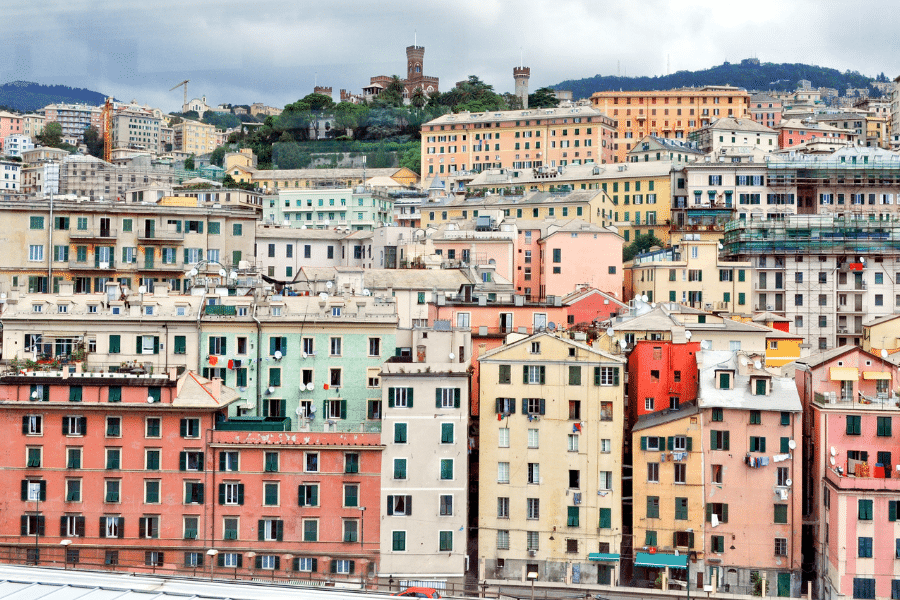As an expat, the idea of owning real estate in Italy is undoubtedly tempting, whether you’re a retiree, an investor, or you work from home. Italy’s rich history, stunning landscapes, and vibrant culture make it a dream destination for many.
But how can you navigate the process of buying property in Italy as an expat? In this guide, we will explore the tips and insights that will help you make your dream of owning property in Italy a reality.
Benefits of investing in Italian real estate as an expat
Investing in Italian real estate as an expat offers a multitude of benefits. Firstly, Italy’s real estate market has remained comparatively inexpensive. In fact, the real estate market in Italy is more affordable than Spain, Portugal, France, and many other desirable European countries.
Italy is also one of the most geographically diverse countries. If you’re looking for beach-front property, there are over 4,900 miles of coastline you can choose from. If you’re looking for a secluded mountain property, there are three huge and distinct mountain ranges. Looking for larger, busy cities that offer modern conveniences and residents that speak English? You can choose any of the bigger cities like Rome, Milan, or Florence.
Whatever your tastes are, Italy has a region, a city, or a village that you’ll enjoy.
Additionally, as an expat, you have the opportunity to experience the Italian lifestyle firsthand and immerse yourself in the local culture. Buying property in Italy also provides you with a vacation home or a potential retirement residence in one of the most beautiful countries in the world.
Legal considerations for buying property in Italy
Before embarking on your real estate journey in Italy, it is essential to understand the legal considerations involved.
As a non-Italian citizen, you may be eligible to purchase property in Italy under reciprocity treaties, agreements that Italy has with other countries. Legality, surprisingly, is one of the least complicated parts of this process, depending on the reciprocity treaty Italy has with your country.
However, if you don’t have a visa, you can’t spend more than 90 days in a 180 day period. If you’re planning on purchasing a seasonal home in Italy, this is more than enough. But if you plan on retiring to the country in your new home, then you should try and get citizenship before you invest in a new home.
What documents do I need to buy property in Italy?
In another surprising twist, you don’t need too many documents to purchase property, either, depending on what country you’re coming from.
In order to buy any property in Italy, whether a full-time home or a summer vacation spot, you’ll need two documents: your country’s passport and a Codice Fiscale. You can apply for a Codice Fiscale yourself, but many real estate agencies that work with expats will do this for you.
Understanding the Italian real estate market
Italy offers a diverse range of properties, from historic villas to modern apartments and countryside estates. Each region and city has its own unique characteristics and price ranges. Conduct thorough research and consult with local experts to identify the areas that align with your preferences and budget.
You should definitely do extensive research on the property that you’re interested in. Real estate agents in Italy are notorious for giving wrong or incomplete information, whether that’s on purpose or accidental.
Additionally, check what is “declared.” Oftentimes, Italians want to build additions to their property, but the bureaucratic mess that is the Italian government makes the process almost impossible. Lots of time, homeowners add on a second floor, garages, or living rooms that aren’t declared at the local city hall. If this is the case, you won’t technically own that part of the property.
Again, research is the most important aspect of buying a home in Italy, especially if you aren’t able to visit the properties in-person.
Take a look at what you can buy in Italy for $200,000.
Financing options for expats buying real estate in Italy
Financing your real estate purchase in Italy can be a complex process, especially for expats. While some expats may have the financial means to purchase property outright, others may require financing options.
Italian banks offer mortgages to foreign buyers, but the terms and conditions may differ from those offered to Italian citizens. In fact, it’s suggested to have a 50% down payment on homes as Italian banks will only give you half of the mortgage.
The best bet for you is to get a mortgage from a foreign bank; if you’re from the States, get a loan from an American bank. Look into banks from your home country or go with a loan broker. They can offer you a loan and you’ll simply pay for the house with that cash.
The buying process in Italy and working with real estate agents
The process of buying real estate in Italy involves several key steps. It is highly recommended to work with a reputable real estate agent who specializes in the Italian market and has extensive experience working with foreigners.
This may be a difficult task because working with realtors in Italy is notoriously hard. You may find a complete lack of information given about the homes you’re interested in, ask questions to a specific realtor, and get nothing back.
A knowledgeable agent will guide you through the property search, negotiate on your behalf, and ensure a smooth transaction. They will also assist you in obtaining the necessary documentation and conducting due diligence before finalizing the purchase.
Taxes and fees associated with buying real estate in Italy
When buying property in Italy, there will be substantial taxes and fees associated with the purchase. These include the registration tax, notary fees, and agent commissions. The tax rate varies depending on the type of property and its location, but the general number experts think you should estimate is about 13% the value of the property.
Here are some general numbers of taxes and fees:
- Stamp Tax: This starts at 10% of the property’s appraised value, not the final sale price, whether higher or lower. If you intend to make it your primary residence and require a residency permit for the area, you’ll be charged an additional 3% transaction tax. However, if the buyer is a legal entity rather than an individual, this rate increases to 4%.
-
- Imposta di Bollo (stamp duty): 0.8% of the property value.
- Registry Tax: You’ll have to pay 10% of the property price for urban areas and 17% in rural areas to legally register the property.
- Tax office registration: The Agenzia Entrate, or tax office, requires you to register in order to buy property in the country. This will have to be paid through an Italian bank, which you’ll need an account for, before the sale goes through.
- Real estate agent: The buyer and the seller must pay realtor fees in Italy. This is anywhere between 2% to 3% of the sale value.
- Notary fee: These are state-regulated “witness” to officiate the signing of your documents. The notaries will charge 1% to 2% of the cost of the property.
What will the purchasing process look like?
After you’ve researched the home you want and you’re ready to put in an offer, here’s what a typical process looks like for homebuying:
1. Proposal
By law, your “offer proposal” needs to be in writing, but you can make a verbal offer to the seller to see what they’d accept. The contract will simply state what you’re ready to pay under what conditions. Be sure to have a professional draft document.
2. “Compremesso,” or preliminary sales agreement
At this point, you’ll enter a preliminary sales agreement with the buyer. This is a contract that is legally binding, which commits the seller to transfer the property to you at a future date after payment. This is important for both parties because it gives you the time to finalize any details, like getting a mortgage, and gives the seller time to vacate the property.
Once you’ve signed the contract, you’ll be asked for a deposit. This is usually around five to twenty percent of the total cost and is agreed upon by both parties.
3. “Rogito” or closing
The last step is the closing, which is actually the only step that’s required by Italian law. This is when you’ll finally get the keys to your new property. You’ll pay the rest of the balance, duties, and taxes, and pay the agent.
After closing, you’ll have plenty more to do, like updating public databases, registering with the local city hall, and more. Once again, we suggest you go with a professional realtor to help you with all of these processes.
How to find houses for sale in Italy
There are plenty of resources for you to take advantage of, both in English and in Italian. As previously mentioned, there are tons of national real estate listing websites where you can access properties for sale in Italy. If you find a property you like, see if it’s listed on other websites and confirm the information. Here are some examples:
- Immobillare.it
- Idealista.it
- Casa.it
- Coldwell Banker Italy
- Remax Italy
- Engel & Völkers Italy
- and many more
Besides using websites, you should also employ a professional and reputable real estate agent. Here are some places you can look:
- Italian Real Estate Consultants
- House Finders Northern Italy
- Smart Move Italy
- Super Savvy Travelers
- Salento with Love
- Clemente Law Firm
Final thoughts
In general, buying property is challenging, and without getting help from professionals, even starting the process can seem impossible. Finding a reputable real estate agent should be your first step in buying property in Italy as an expat. They’ll be able to keep you organized and informed throughout your property-seeking process.
